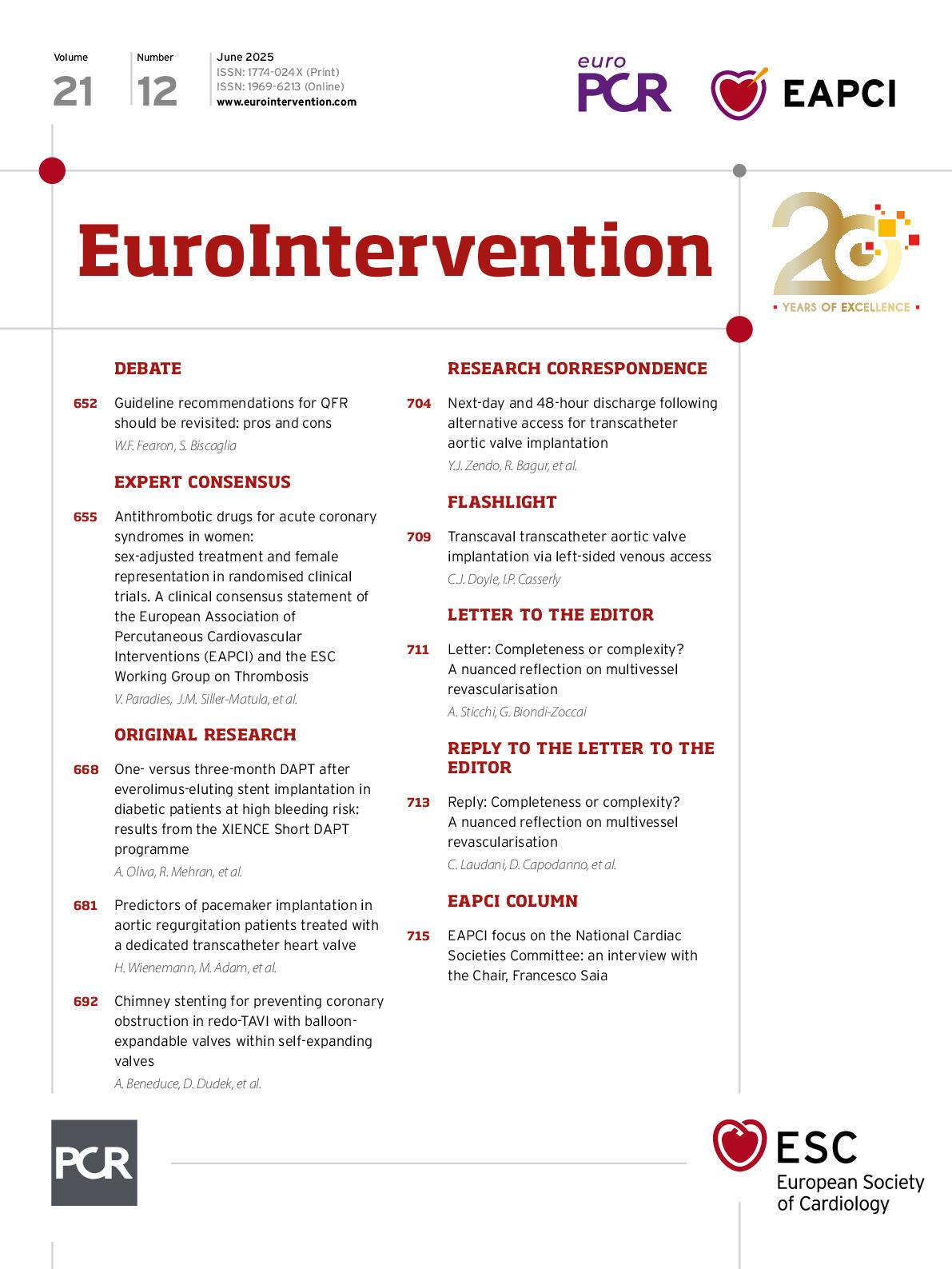We appreciate the interest of Sticchi and Biondi-Zoccai in our manuscript1. In response to their comments, we reported that the 5-node analysis for cardiac death revealed significant inconsistency between the direct and indirect components of the evidence for some comparisons, indicating that the transitivity assumption may not hold2. However, no inconsistency was detected in the 3-node analysis for cardiac death, implying that trials focusing on different guidance strategies for achieving complete revascularisation mainly contributed to the effect2. Indeed, these trials could not be included in a network of infarct-related artery-only versus immediate complete revascularisation versus staged complete revascularisation. In addition, the results of node-splitting in the 5-node analysis for cardiac death and influence analyses seem to indicate a possible influence of trials investigating angiography and/or functional guidance for achieving complete revascularisation2. Specifically, the FRAME-AMI trial demonstrated a significant reduction in cardiac death associated with functionally guided complete revascularisation compared with angiography-guided complete revascularisation, and the FIRE trial demonstrated a significant reduction in cardiac death associated with functionally guided complete revascularisation compared with culprit-only revascularisation34....
Sign up for free!
Join us for free and access thousands of articles from EuroIntervention, as well as presentations, videos, cases from PCRonline.com

